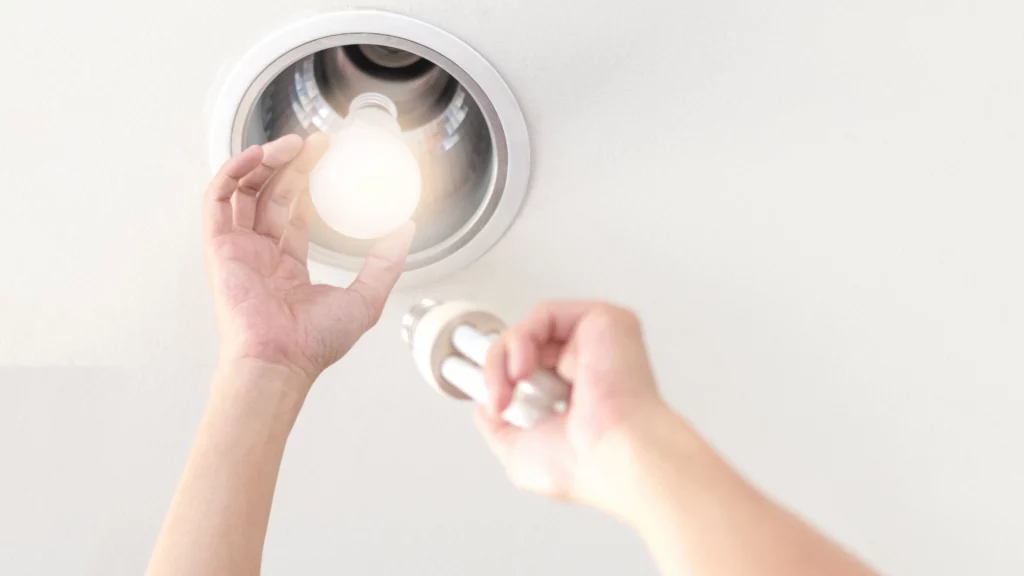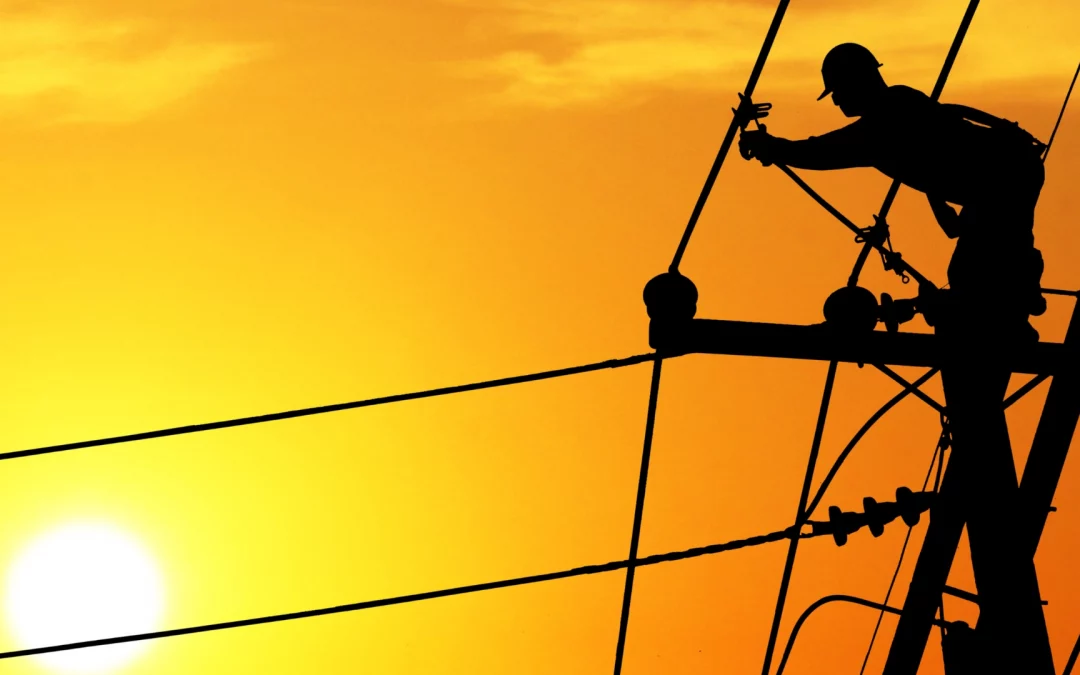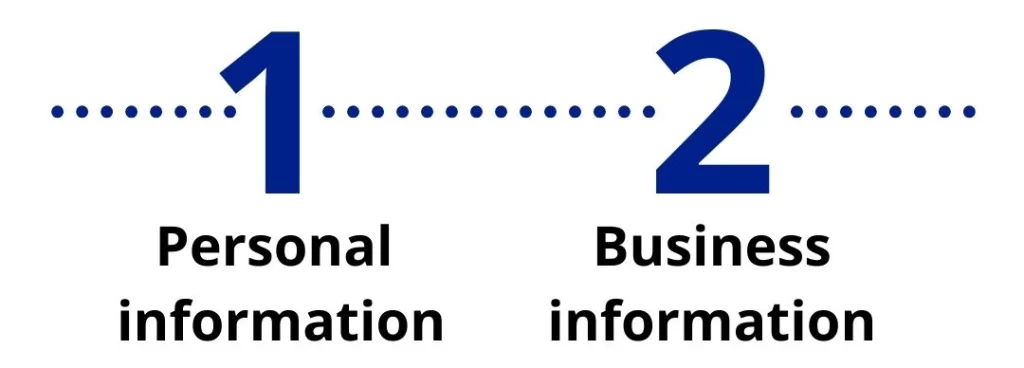As a business owner or manager, you know how important it is to maximize every dollar, and you don’t want to have to pay more toward any bill than you have to. So what can you do to reduce electricity costs? Here are eleven tips for commercial electricity savings.
1. Get an Energy Audit
An energy audit is an excellent first step in maximizing your business electricity savings. With an energy audit, a technician from a local utility or energy supplier will come to your business and analyze all of your systems to see how to reduce your electric bill. They will look at things like light bulbs, heating and cooling, your business’s peak hours, and more. They’ll give you a full list of things to do to reduce electricity consumption in your office.
2. Focus on Energy Efficiency
While you don’t need to go out and buy or lease all new office equipment, when it comes to replacing copy machines, refrigerators, computers, and lights, make sure that you get energy efficient ones. Look for the Energy Star logo, and you’ll know you’re on the right track to save energy.
3. Reduce Peak Demand
A great way to save electricity for a business is to reduce your peak demand. Peak demand refers to the hours of the day in which energy usage is at its highest. Peak demand hours are generally 9-5 for businesses as most businesses operate during those times. Some common ways of reducing your demand include running heavy equipment during the early morning/evening, staggering work hours/start times, energy efficiency, and energy conservation.
4. Utilize Programmable Thermostats
Programmable thermostats are especially relevant for businesses that operate from 9-5. It’s a complete waste to heat or cool a workplace when everybody is gone for the night. Even if your business’s hours vary, using a programmable or smart thermostat can save you a considerable amount of money.
5. Use CFL or LED Lighting

One of the simplest and quickest ways to reduce electricity costs is to switch incandescent bulbs with energy efficient bulbs such as LED or CFL. This will immediately lower your bill.
6. Turn Off Lights When Not in Use
This may seem like a no-brainer, but just as you do this to save home energy, you should absolutely do the same thing at work. When you leave your office, turn off the light. When you all exit the conference room, make sure someone hits the light switch. It’s a little thing, but it can add up.
7. Start Using Fans
Because HVAC systems use so much electricity, due to them constantly pumping out cold air, we recommend running fans in your offices instead when possible. This addition can save you and small businesses a lot of money on your energy bill every month. Depending on the office layout the type of fan you use may vary between box fans or oscillating fans, both will get the job done. Of course, only relying on fans won’t work perfectly if you’re located in a very humid place or, say, Texas, where air conditioning is a necessity. That being said, your energy costs can still be greatly reduced by using fans to circulate the colder air around the room which will allow you to keep the AC a few degrees higher. By keeping the AC at a higher temperature it’s less likely to turn on as much during peak demand times as well as not need to work as hard to maintain a colder temperature.
8. Use Natural Light, Not Artificial Light
If your business has windows, pull up the shades, open the blinds, and let the sunshine in. Using natural light is not only good for your utility bills, but science shows that it is good for the brain and body. Using natural light might cause your employees to work harder!
9. Turn Off Equipment at the End of the Day
Many businesses will leave all of their systems running 24/7. Many people leave the computers on all night, even all weekend, and the same goes for copiers, fax machines, even air conditioning. When you leave the office for the weekend, shut everything down.
10. Stop “Phantom Energy” Use
Phantom energy is the energy used by machines that remain plugged in but aren’t in use. A great energy saving tip is to have computer peripherals (printers, monitors, etc.) connected to a power strip or surge protector so that a single switch turns off multiple devices.
11. Consider Energy-Efficient Landscaping
If you manage the landscaping around your office building you have an opportunity to lower your energy costs with energy-efficient landscaping. Planting trees to provide shade in the summer or block winds can help lower your heating and cooling costs.
Looking to get lower energy rates? Get a free quote today!



